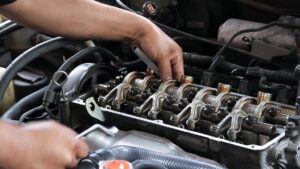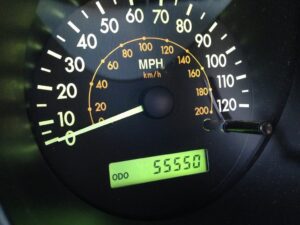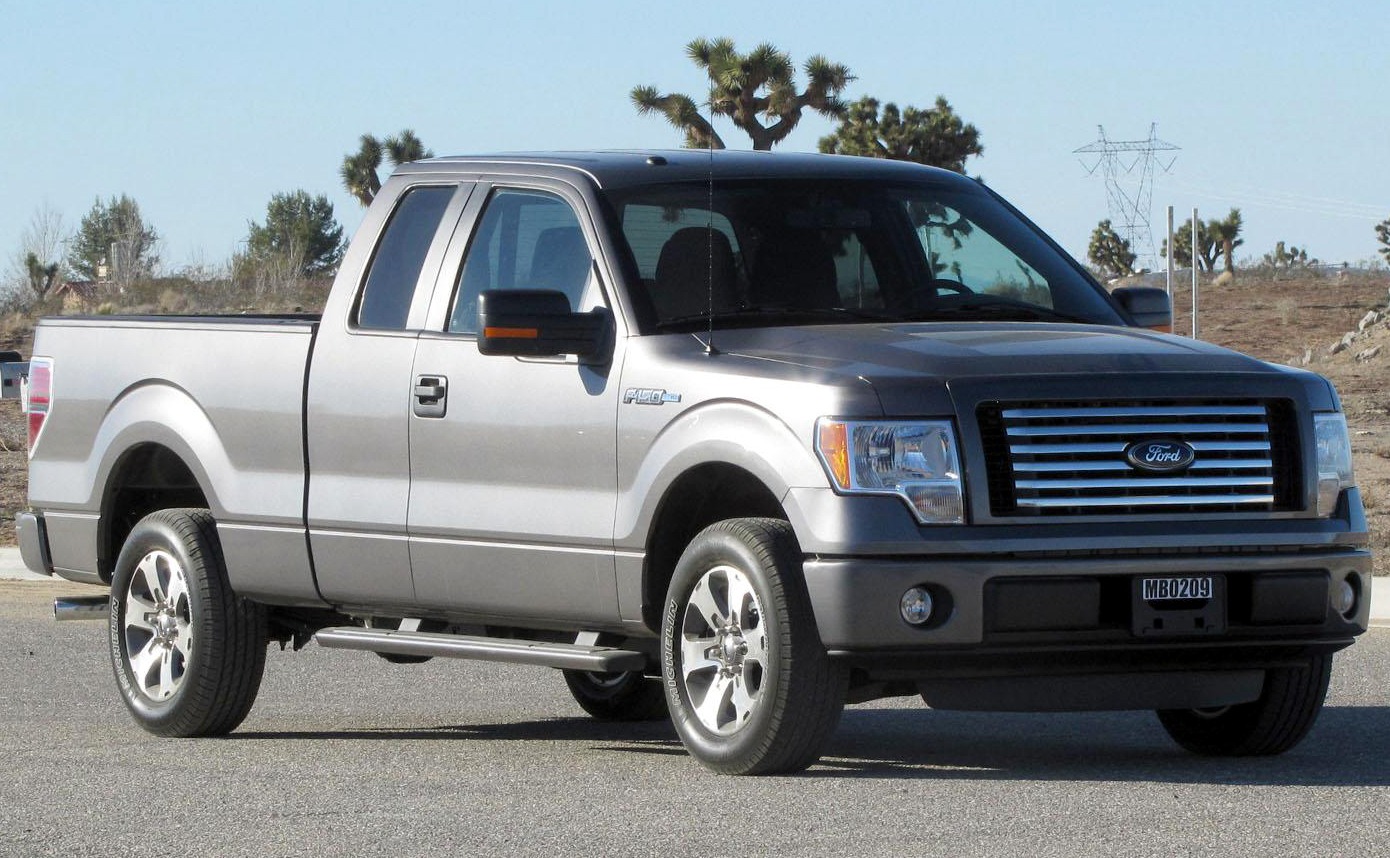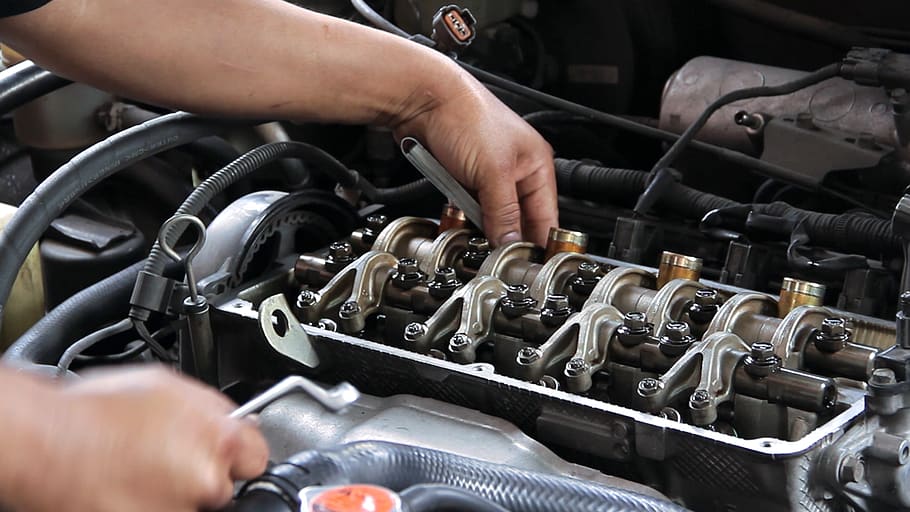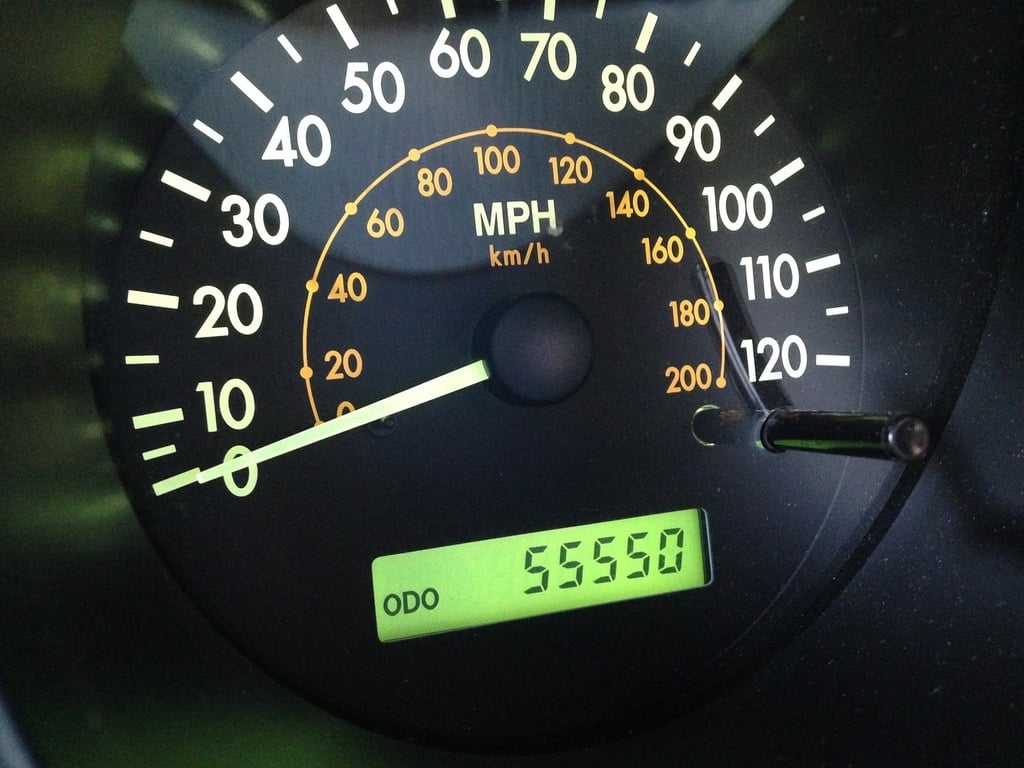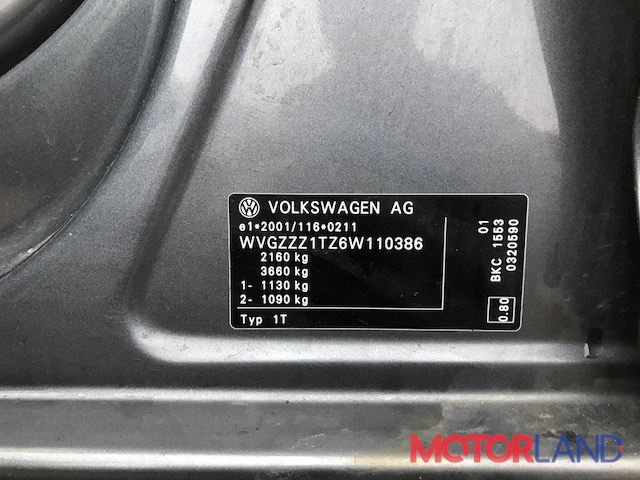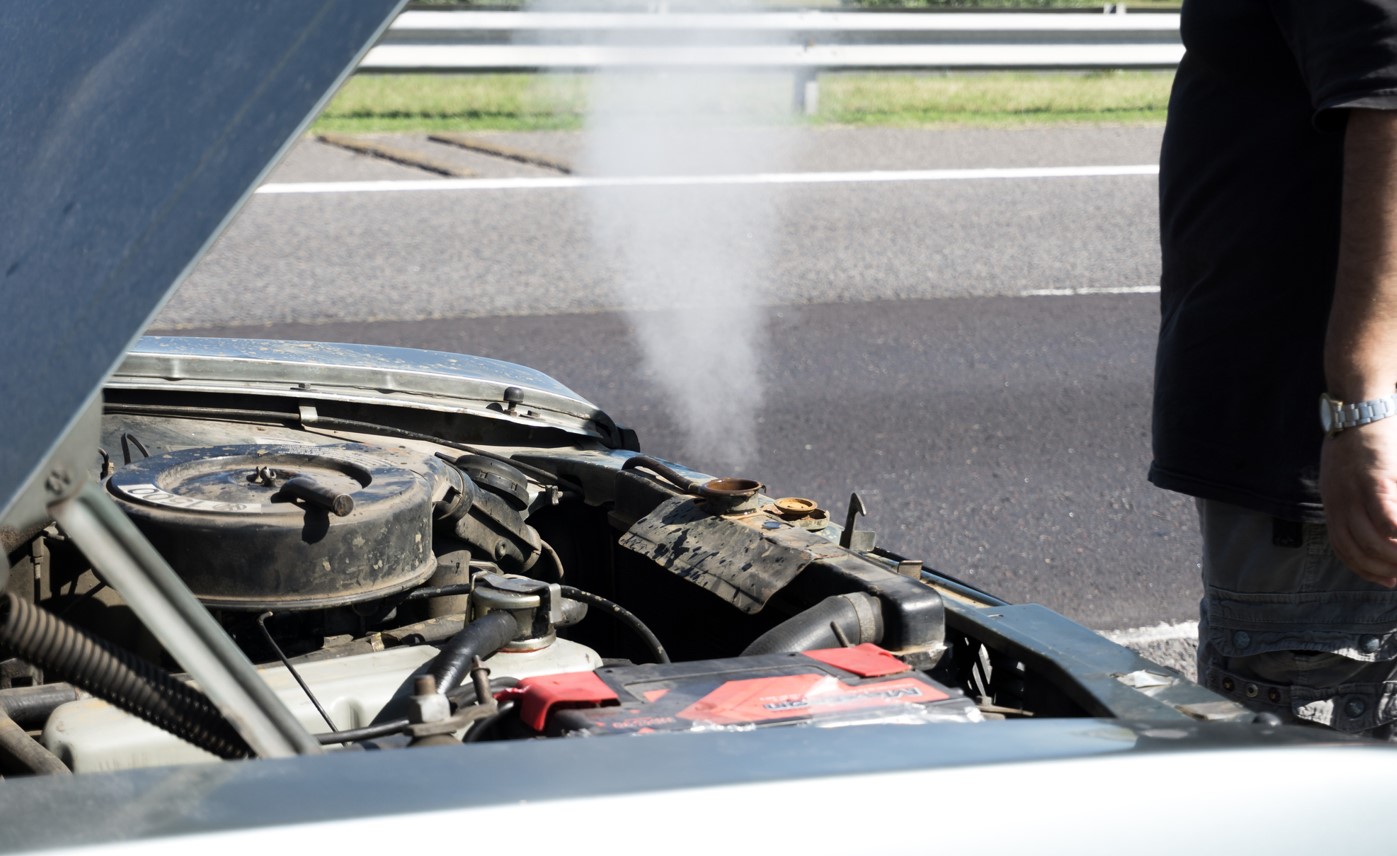So, you’ve poured your heart, soul, and a significant chunk of your bank account into transforming your ride into a street-legal (or maybe not-so-legal) masterpiece. Now you’re thinking about selling or trading it in. But before you roll up to that appraiser, listen up! What you say (or don’t say) can make or break the deal. Ever wondered why your meticulously crafted engine swap was met with a blank stare and a lowball offer? This guide is for you, my fellow gearheads, speed freaks, and tuning aficionados. We’ll break down the appraisal process and arm you with the knowledge to navigate it like a pro. Prepare to learn what to never say to a car appraiser.
Key Takeaways:
- Silence is Golden: Sometimes, the less you say, the better. Avoid volunteering information that could devalue your car.
- Know Your Mods: Be prepared to discuss your modifications intelligently, highlighting their quality and potential value.
- Focus on the Positives: Steer the conversation towards the upgrades that enhance performance, aesthetics, or rarity.
- Research is Your Friend: Arm yourself with comparable sales data to support your asking price.
- Be Prepared to Walk Away: Don’t be afraid to decline an offer that doesn’t reflect the true value of your build.
Understanding the Basics of What to Never Say to a Car Appraiser
Think of a car appraisal like a poker game. The appraiser is trying to assess the value of your hand (your car), and you’re trying to convince them it’s worth more than they think. But unlike poker, you don’t want to reveal all your cards upfront.
What to Never Say:
- “I need to sell it quickly.” This screams desperation and gives the appraiser leverage to offer a lower price.
- “I’m not sure what kind of engine it has.” This implies a lack of knowledge and care, suggesting potential hidden problems.
- “It’s been sitting for a while.” This raises red flags about potential mechanical issues and maintenance neglect.
- “I did all the work myself.” Unless you’re a certified mechanic with documented experience, this can be interpreted as amateur work, potentially lowering the perceived value. It’s like saying, “I performed open-heart surgery on myself!”
Instead, focus on the positive aspects and let the car speak for itself. A well-maintained, tastefully modified vehicle will always make a better impression than a rambling explanation.
Importance and Implications
Why does what you say matter so much? Because car appraisers are trained to identify potential flaws and negotiate the lowest possible price. They’re looking for any reason to devalue your car, and your words can provide them with ammunition. For tuners, gearheads, and speed freaks, this is especially crucial because our cars often have modifications that are subjective in value. What you see as a performance-enhancing upgrade, they might see as a liability.
The implications are clear: saying the wrong thing can cost you money. It can also lead to frustration and a feeling that your hard work and investment are not being appreciated. By being mindful of your words, you can protect your interests and ensure a fairer appraisal.
Practical Applications or Strategies
Here’s how to put this knowledge into practice:
- Do Your Homework: Research comparable sales of similar modified vehicles. Use online resources, auction results, and classified ads to get an idea of the market value.
- Prepare a Modification List: Create a detailed list of all modifications, including brands, part numbers, and installation dates. Highlight any performance gains or improvements.
- Document Everything: Keep receipts, invoices, and photos of all work done on the car. This provides proof of quality and attention to detail.
- Practice Your Pitch: Rehearse what you’re going to say to the appraiser. Focus on the positive aspects of your car and avoid negative or uncertain statements.
- Stay Calm and Confident: Project confidence and knowledge. Don’t let the appraiser intimidate you or pressure you into accepting a low offer.
Common Pitfalls to Avoid:
- Oversharing: Don’t reveal more information than necessary. Answer questions directly and concisely.
- Getting Emotional: Don’t get defensive or argumentative. Stay calm and professional, even if you disagree with the appraiser’s assessment.
- Lying or Exaggerating: Honesty is always the best policy. Don’t try to deceive the appraiser or misrepresent the condition of your car.
Expert Insights or Case Studies
I once had a client who was selling a heavily modified Subaru WRX. He was so excited about the car that he couldn’t stop talking about all the work he had done. Unfortunately, he also mentioned that he had recently experienced some engine knocking and had been putting off getting it checked out. The appraiser immediately seized on this information and offered a significantly lower price. If he had kept that information to himself, he likely would have gotten a much better deal.
Another expert I spoke with, a seasoned appraiser specializing in classic cars, emphasized the importance of presentation. “A clean, well-maintained car always makes a better impression,” he said. “Even if it has some minor flaws, a good presentation can help to offset them.”
Highlighting Rarity and Uniqueness
For tuners, gearheads, and speed freaks, our cars are often unique creations. Emphasize the rarity and uniqueness of your build. If you have a one-of-a-kind modification or a rare combination of parts, be sure to highlight it. This can help to justify a higher asking price.
For example, if you have a custom-built turbocharger system or a rare set of wheels, be sure to mention it. Provide details about the manufacturer, the materials used, and the performance benefits. The more information you can provide, the better.
The Importance of Documentation
We touched on this earlier, but it bears repeating: documentation is key. Keep meticulous records of all work done on your car, including receipts, invoices, and photos. This provides proof of quality and attention to detail. It also shows the appraiser that you’re serious about your car and that you’ve invested time and money into maintaining it.
Conclusion:
Navigating the car appraisal process can be daunting, especially for those of us who have poured our hearts and souls into our rides. By understanding what to never say to a car appraiser, you can protect your interests and ensure a fairer deal. Remember to do your homework, prepare a modification list, document everything, practice your pitch, and stay calm and confident. With these strategies in mind, you’ll be well-equipped to maximize the value of your ride.
Frequently Asked Questions:
What is What to Never Say to a Car Appraiser?
It’s the art of being strategic with your words during a car appraisal to avoid inadvertently devaluing your vehicle, especially when it has modifications.
Why is What to Never Say to a Car Appraiser important for Tuners, gearheads, speed freaks?
Because our cars often have modifications that are subjective in value. Saying the wrong thing can lead to a lower appraisal and a feeling that our hard work is not being appreciated.
How can I apply the concepts of What to Never Say to a Car Appraiser in my context?
By researching comparable sales, preparing a modification list, documenting everything, practicing your pitch, and staying calm and confident.
Where can I learn more about What to Never Say to a Car Appraiser?
Online forums, automotive enthusiast groups, and articles from reputable automotive publications can provide additional insights.



